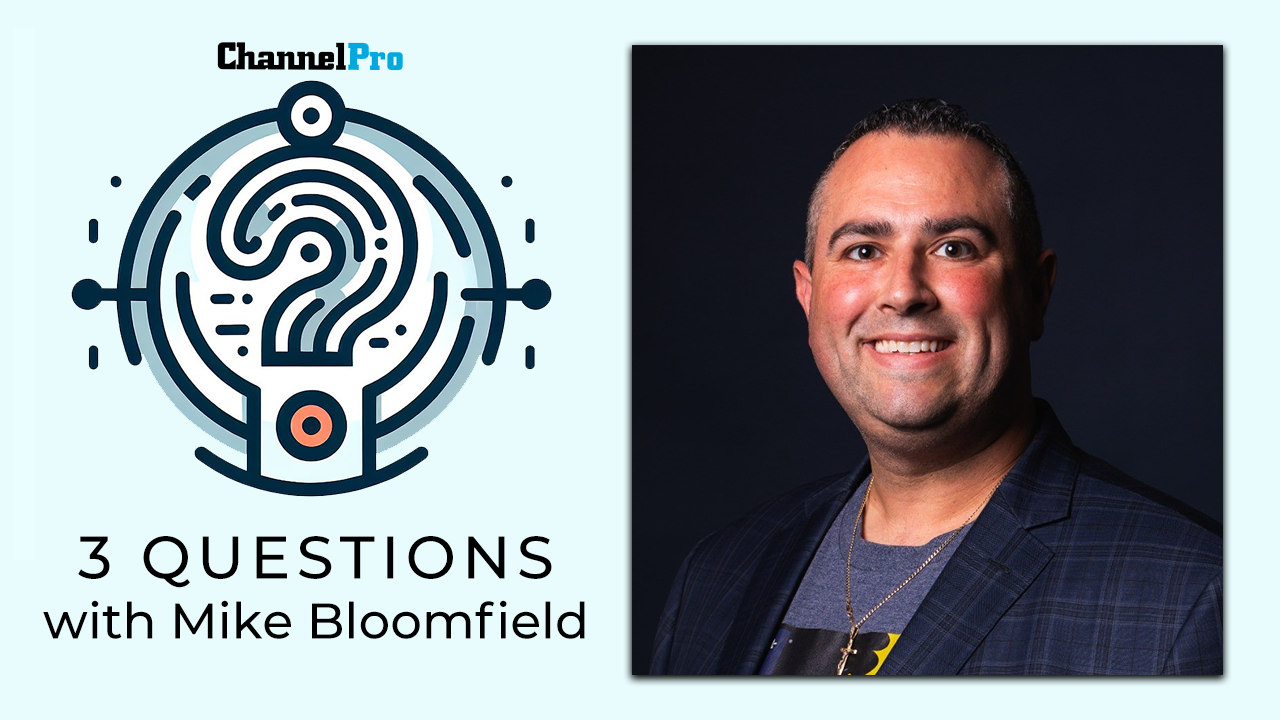How do you select the right SaaS vendors and solutions amid the dizzying proliferation of SaaS tools and technologies? That decision anxiety is one big reason small and medium-sized businesses (SMBs) turn to MSPs for their technology. But if you are an MSP, it’s a challenge for you as well.
So what should you look for today in a channel-focused vendor?
After working in the channel for more than 25 years, here are the five things I believe you need to consider when evaluating a vendor partner:
Clear and Proven Value
It seems obvious, but it’s easy to get swept away by a slick pitch and lose track of these important things:
- Does the technology solve an existing, unmet need, and provide measurable value for your clients?
- Does the technology fill a gap in your portfolio?
- Does the vendor have a proven history of delivering value and generating revenue for its partners?
A history of adding value to both partners and end users is a strong indicator that the vendor understands the need to add value in all areas of the partnership.
Setting Clear Expectations
A vendor partner should always be able to lay out the table stake expectations, guidelines, and goals to define your potential partnership.

Everett Brooks
This should include commissions, incentives, program rules, and performance metrics transparency.
Communication must be a two-way street. A vendor that limits accessibility when you have questions or need assistance is an indication of a focus on vendor requirements over partner requirements.
Partners should provide you a reasonable timeframe for a return call or email, if not an immediate response when questions or challenges arise.
What Is the Time-to-Revenue?
The most successful relationships generally are the ones that bear fruit the fastest.
Ask the vendor how they can help accelerate the path from onboarding to revenue generation. They should have dedicated resources for their onboarding program ready to provide efficient, practical training to your sales, marketing, and tech support staff.
Look for additional resources like market development funds (MDF) to help you generate opportunities for sales, ready-to-use co-marketing content, and programs for reseller partners like deal registration and renewal incumbency protection to help you grow and protect your client base.
Moreover, support shouldn’t be limited to onboarding. A good vendor partner will be available to you on-demand, any time — to help onboard your newest employees, provide regular refreshers, and help your sales team enhance opportunity identification.
Accessibility and responsiveness should be measured and confirmed before committing to a partnership.
Establishing an Incentive Structure
Incentives drive better selling — plain and simple. A good partner should supplement your sales and marketing efforts with a well-structured incentive system that motivates your team.
Ask for a clear explanation of the incentive program, including any sales performance incentive funds (SPIFs), MDFs, and bonuses for achieving sales targets.
Flexible, Scalable Partnership
You don’t take a one-size-fits-all approach with your clients, so don’t accept it from your vendor partners either. Always make sure to look for a flexible, tiered structure that lets you get started quickly, test and prove the value of the product and partnership, and then easily scale up with success.
Moreover, ensure that flexibility is a built-in feature, not a one-time selling point. You should be able to adjust the scale and details of your partnership (program structure, incentives, resources, etc.) as market dynamics, customer preferences, and partner capabilities change.
Conclusion: It’s All About the Value
I have one overarching thought to leave with you: I’ve seen fantastic SaaS products with poorly built channel programs. And I’ve seen intelligent and savvy channel programs built around less than ideal products.
It’s great that MSPs have more SaaS tools available than ever, but strong vendor partners come down to value. Will the product deliver value to your clients, and will the program provide value to your business?
Everett Brooks is director of channel sales at CrashPlan.
Image: iStock













